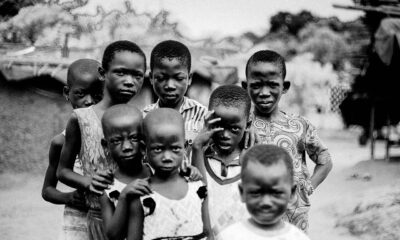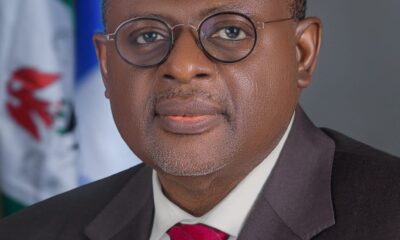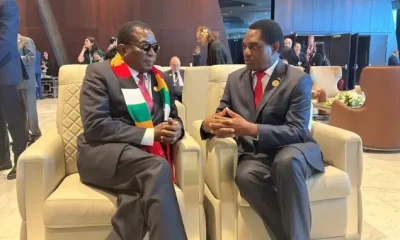Democracy & Governance
Unraveling Bias and Subjectivity in Football and Politics: A Tale of Nigeria’s 63rd Independence -By Abdullahi Adda’u Turawa
As Nigeria continues to grow and evolve, embracing these aspects while striving for a more informed and equitable society will be key to its success in the years to come. Happy 63rd Independence Day, Nigeria, where diversity of thought and expression remains a cherished part of the nation’s identity.

As Nigeria celebrates its 63rd Independence Day, it is a fitting occasion to reflect upon the intricate relationship between bias, subjectivity, and the realms of football and politics within the nation. The intertwining of these elements in these two domains highlights the challenge of trying to separate them entirely. It becomes increasingly clear that in the discourse surrounding these topics, the more one attempts to eliminate subjectivity, the less they resemble the passionate, diverse, and vibrant discussions that they are known for.
Football is a universal language that brings Nigerians together, transcending ethnic, religious, and socio-economic boundaries. However, it is impossible to discuss football without encountering bias and subjective views. Supporters passionately defend their favorite teams, and emotions often cloud objectivity. When a controversial decision is made by a referee or a team underperforms, biases come to the forefront.
Nigerian football is no stranger to these biases. The rivalry between fans of clubs like Enyimba and Kano Pillars is emblematic of the passion and subjectivity that defines Nigerian football talks. While this bias adds fervor to the sport, it also presents challenges. Calls for more objectivity and fairness in officiating are frequent but often met with resistance because the emotional investment in the game is part of what makes it so compelling.
Similarly, politics in Nigeria is steeped in subjectivity and bias. The country’s diverse population brings a myriad of perspectives to the political arena. People identify with various political parties based on personal beliefs, regional affiliations, or cultural backgrounds. This diversity results in passionate and often divisive political discourse.
In recent times, the Nigerian government has faced increasing criticism for its handling of security issues. Many citizens believe that more needs to be done to address the country’s security challenges. However, even in these crucial discussions, bias and subjectivity persist. Different political affiliations interpret the government’s response differently, leading to polarized views and heated debates.
Turning our attention to Nigeria, a nation of rich diversity, complex challenges, and passionate citizens, we find the intertwining of football-talks and political-talks more evident than ever. As Nigeria celebrated its 63rd independence, the nation found itself grappling with critical issues on both fronts.
The value of the Naira, with the parallel market exchange rate of 1 dollar close to N1000, has raised alarm bells across the country. President Tunubu’s decision to remove fuel subsidy at such a crucial moment sparked intense debates about the economic implications.
While the government condemned insecurity, the nation looked for concrete actions beyond words. Meanwhile, the distribution of palliatives across the 36 states and the federal capital raised questions about governance and accountability, as some governors hesitated to deliver aid to the needy masses.
As Nigeria marks its 63rd Independence Day, it is essential to recognize that the presence of bias and subjectivity in discussions about football and politics is not necessarily a negative aspect. These elements are deeply rooted in the cultural fabric of the nation. They signify the passion, diversity, and individuality of Nigerians, which should be celebrated.
In the context of independence celebrations, it is pertinent to highlight that the very essence of independence is the freedom to express one’s views and beliefs. This includes the freedom to support a football team passionately or engage in political discourse fervently, even if it means embracing bias and subjectivity.
The dual celebration of Nigeria’s 63rd Independence Day and the passionate discussions surrounding football and politics underscores a fundamental truth: bias and subjectivity are intrinsic to the Nigerian experience. While there are valid calls for more objectivity in these domains, it is essential to recognize that these elements are part of what makes them so uniquely Nigerian.
Rather than attempting to eliminate bias and subjectivity entirely, the focus should be on fostering constructive conversations and respectful debates. As Nigeria continues to grow and evolve, embracing these aspects while striving for a more informed and equitable society will be key to its success in the years to come. Happy 63rd Independence Day, Nigeria, where diversity of thought and expression remains a cherished part of the nation’s identity.
Abdullahi Adda’u Turawa, ANIPR, Zaria, Nigeria










